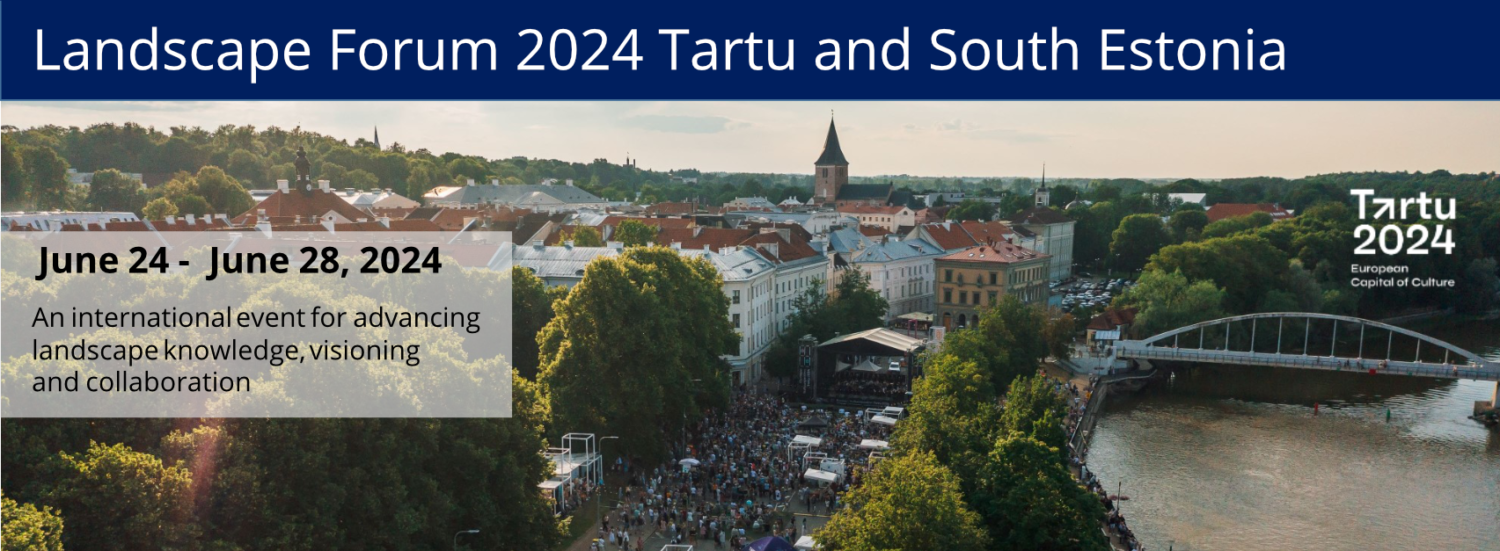Recovering landscape biography between the rivers Isar and Amper: Landscape designed by power meets landscape managed by people
Working group coordination:
- Ingrid Schegk, Markus Reinke, Didier Vancutsem (HSWT)
- Harlind Libbrecht (LE:NOTRE)
>>>Download detailed workshop programme
Our group focuses on the historical landscape structures and their contribution to local identity in a pluralistic society. The aim of this workshop is to explore the potentials of landscape biography for a contemporary and ‘inclusive’ landscape development.
Very different landscape types and elements meet in our focus area, such as the historic system of canals and the consciously designed visual axes created during the Baroque period in the 17th and 18th centuries, the memorial site of the Dachau concentration camp as one of the most known and attended places in the region, the comparatively young heritage-site of the Olympic rowing regatta course built for the games in 1972 in postwar-modern style as well as different other vernacular landscape structures with high ecological values.
The main questions in this context are:
- How can the meaning of heritage and identities be understood in times of migration and changing cultural values?
- How can the cultural landscape elements contribute as structural components to the future development of the peri-urban landscape? What are their potentials, e.g. related to climate change, mobility, recreation, education and identification?
- How can their readability and perception be improved?
Based on a field trip, impulses of local experts and plenum discussions, answers to these questions as well as appropriate design approaches will be explored.
The working group is targeted to landscape architects, architects, urban planners, sociologists and historians as well as researchers, educators, students, NGOs and decision-makers.

